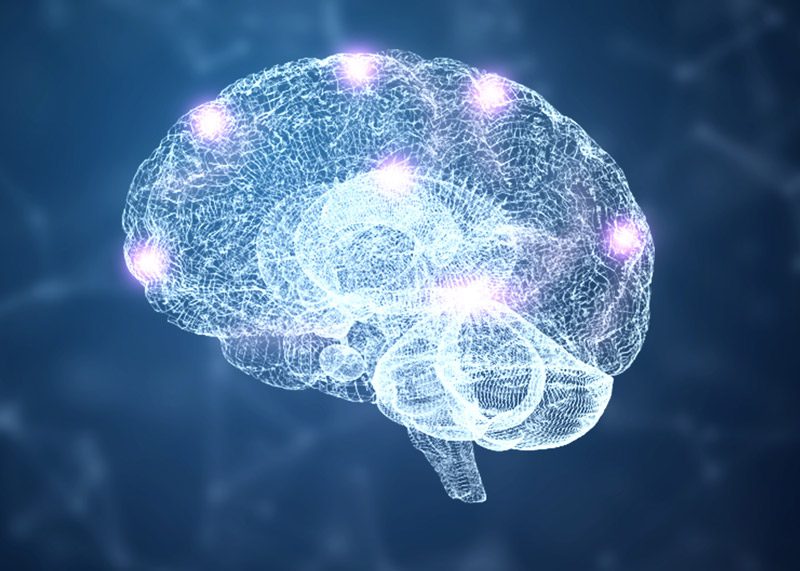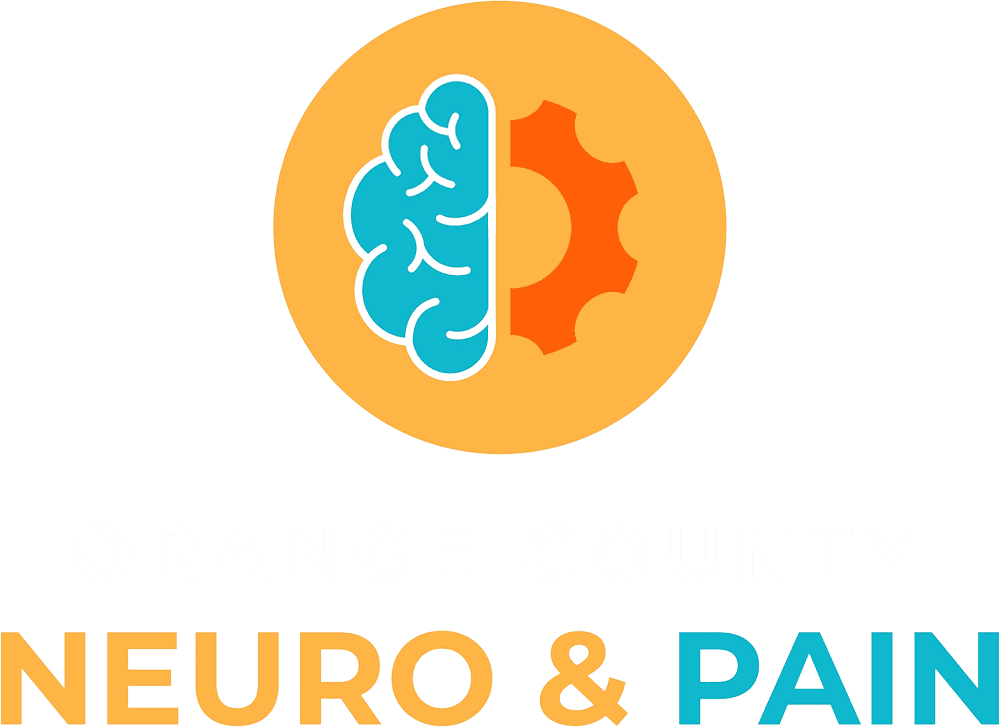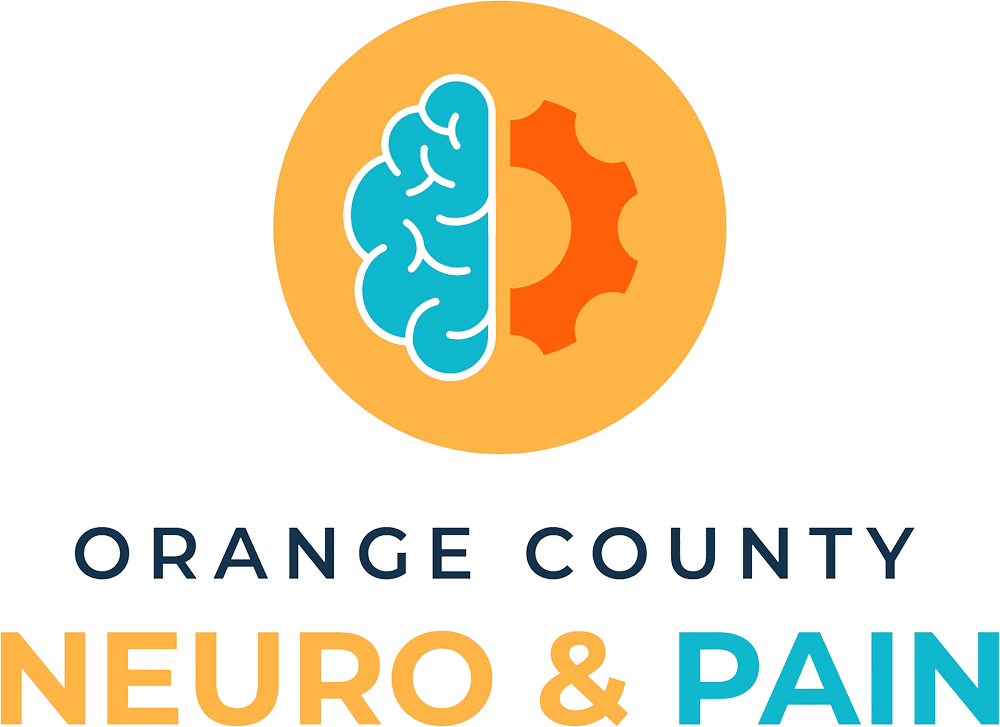

Depression is a common mental health disorder that affects millions of people around the world. While most cases of depression can be managed effectively with medication and therapy, some individuals experience medically resistant depression. Medically resistant depression, also known as treatment-resistant depression, is a severe form of depression that does not respond to conventional treatment options.
Medically resistant depression is defined as depression that persists despite the use of two or more antidepressant medications at adequate doses and duration. It is estimated that up to one-third of people with depression may experience medically resistant depression. This type of depression can be debilitating and significantly impact a person’s quality of life.
Causes of Medically Resistant Depression
The causes of medically resistant depression are not fully understood, but research suggests that a combination of genetic, environmental, and biological factors may play a role. Some possible causes of medically resistant depression include:
- Genetics. There may be a genetic predisposition to depression that makes some people more resistant to treatment.
- Brain chemistry. Imbalances in certain brain chemicals, such as serotonin and norepinephrine, may contribute to medically resistant depression.
- Chronic stress. Long-term exposure to stress can affect the brain and lead to depression that is difficult to treat.
- Medical conditions. Illnesses like hypothyroidism may contribute to medically resistant depression.
- Substance abuse. Substance abuse can interfere with depression treatment and make it more difficult to manage the condition.

Treating Medically Resistant Depression
Treatment options for medically resistant depression are limited, but there are some approaches that may be effective. These include:
- Electroconvulsive therapy (ECT). ECT is a procedure that involves the use of electrical currents to stimulate the brain. It’s typically done when other treatments haven’t been effective.
- Transcranial magnetic stimulation (TMS). TMS is a noninvasive procedure that uses magnetic fields to stimulate nerve cells in the brain. It’s typically done when other treatments haven’t been effective.
- Ketamine infusion therapy. Ketamine is a medication typically used as an anesthetic. In low doses, it may have rapid antidepressant effects.
- Psychotherapy. Therapy can help people with medically resistant depression learn new coping skills and develop strategies to manage their symptoms.
- Lifestyle changes. Engaging in regular exercise, eating a healthy diet, and getting enough sleep can help improve symptoms of depression.
Seeking Medical Care For Medically Resistant Depression
It’s important to note that not all people with depression who don’t respond to conventional treatments have medically resistant depression. Sometimes it takes time to find the right medication or therapy that works for an individual. Dr. Alireza Bozorgi takes a multidisciplinary approach when developing a treatment plan for medically resistant depression and oftentimes uses a mix of therapies to help patients better manage their condition or promote full recovery.
Living with medically resistant depression can be challenging, but it’s important to remember that there is hope. There are treatments available that may be effective, and patients with medically resistant depression can still live fulfilling and meaningful lives. With the right care and support, it is possible to manage medically resistant depression and improve quality of life.

